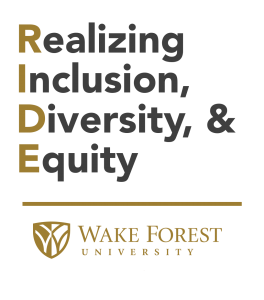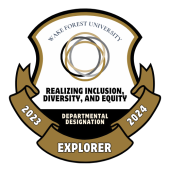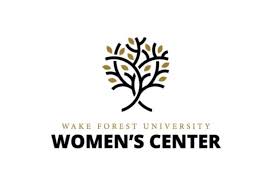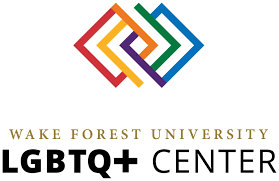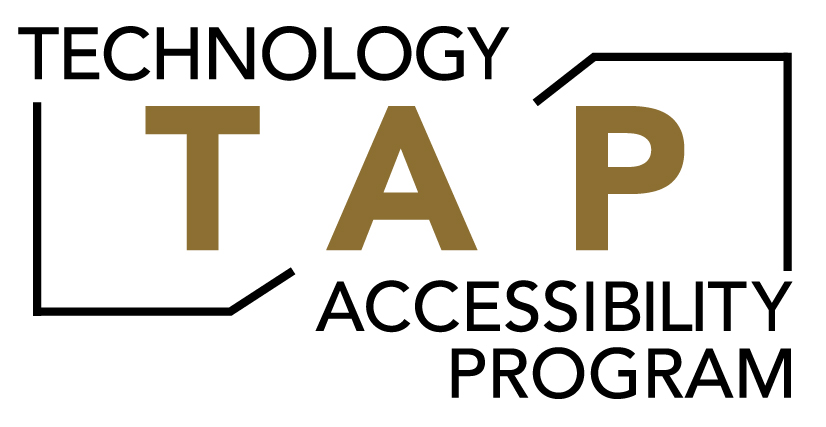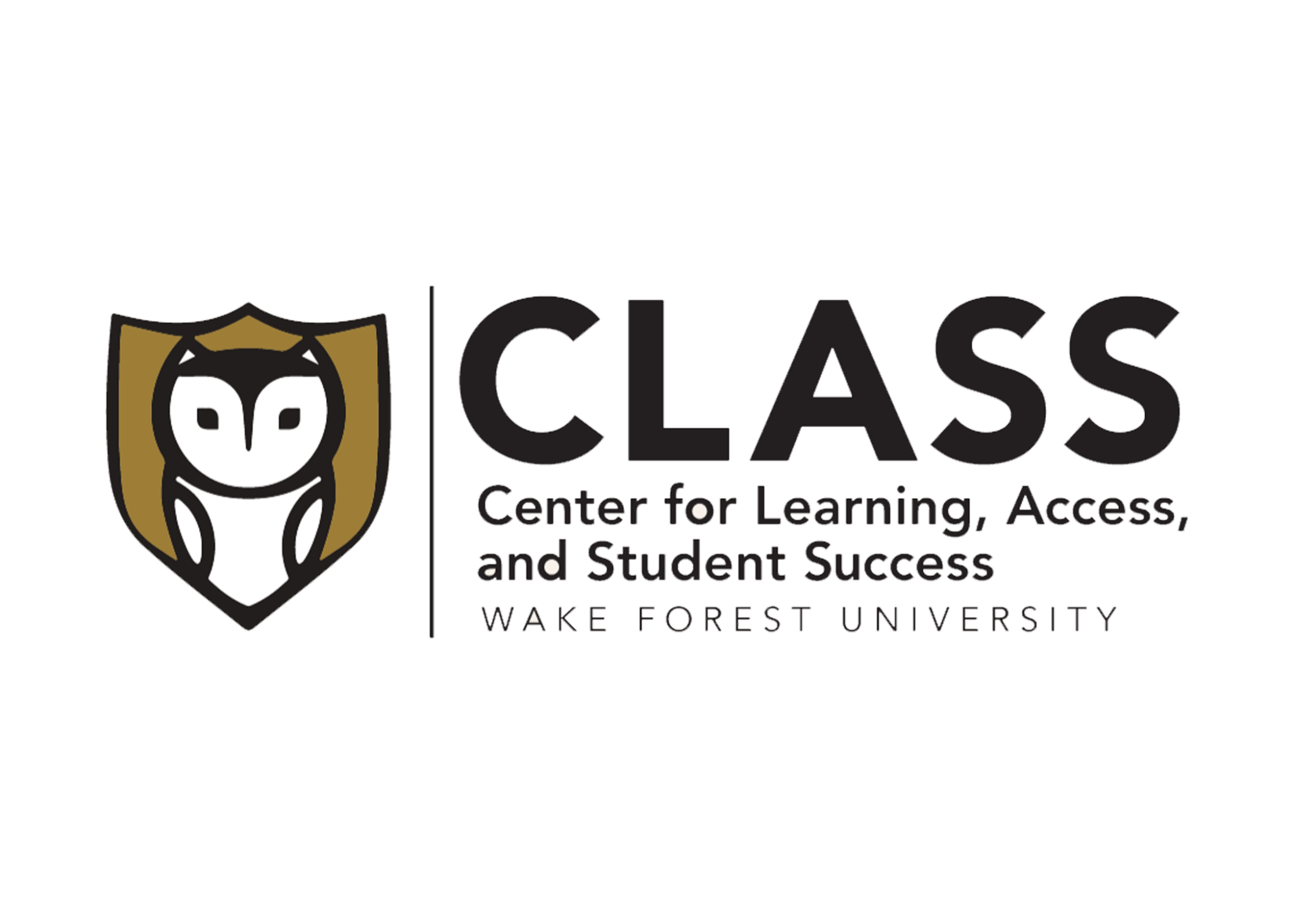How we R.I.D.E.
The Wake Forest University Wake the Arts Center believes that the Arts belong to everyone—young or old, rich or poor, able bodied or disabled, neurodiverse or neurotypical. To ensure the reality of that vision, the visual and performing arts community at Wake Forest is committed to developing policies, programs, performances, events, and communication strategies that are inclusive and welcoming to all students, faculty, staff, and our greater community. We are dedicated to transforming lives through the powerful impact of the Arts and we affirm the representation of diverse voices and perspectives in our work. We acknowledge that equity across race, gender identity, and sexual orientation is critical for all of us to thrive and commit to elevating this diversity in our coursework, in our exhibition spaces, in the performances we create in our theatres and concert halls, and throughout our creative research and scholarship.
R.I.D.E. Priority Areas for 2024-2025
Accessibility: inclusive community engagement
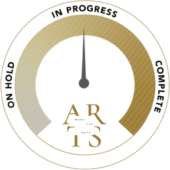
Representation: diverse artists (and audiences)

Examples:
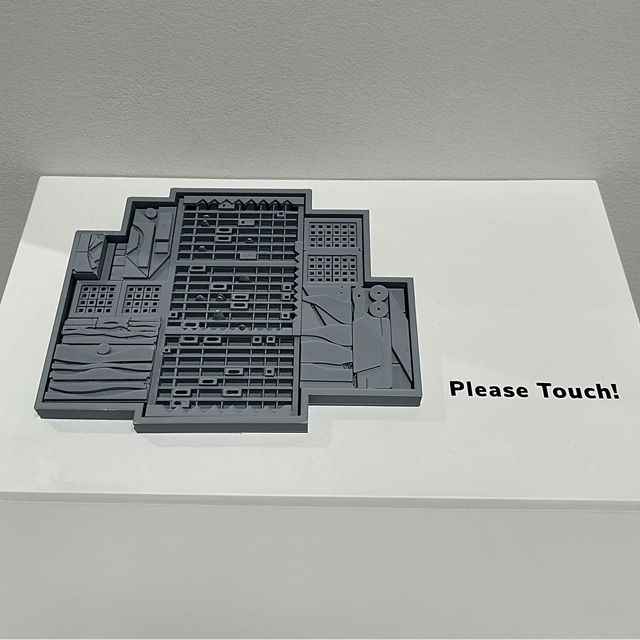
Accessibility in the Gallery
“Having these 3D tactile models is expanding it to blind and visually impaired community members, and it’s really just special to know that the university art collections was able to really listen to my ideas and help me bring them to life.”
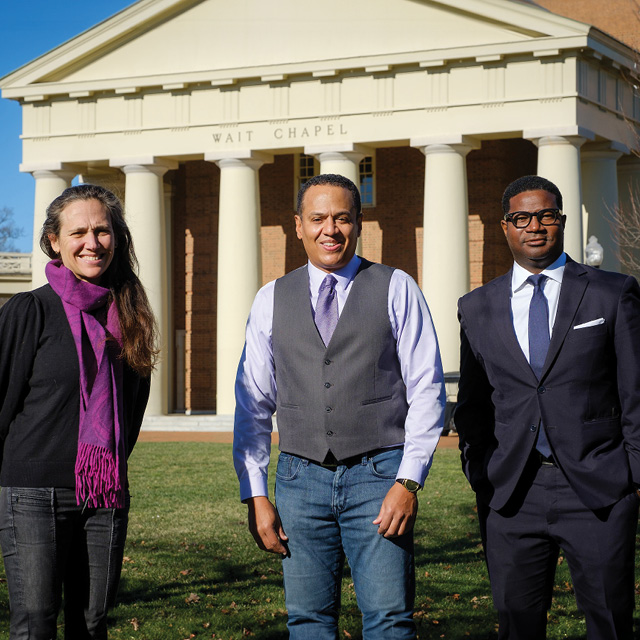
Collaboration with NC Black Repertory Theatre and the School of Divinity
The project, “Finding Holy Ground: Performing Visions of Race and Justice in America,” is funded by a $250,000 grant received by Wake Forest from the Henry Luce Foundation and is a collaboration between Wake Forest University School of Divinity, NC Black Rep and Wake the Arts.
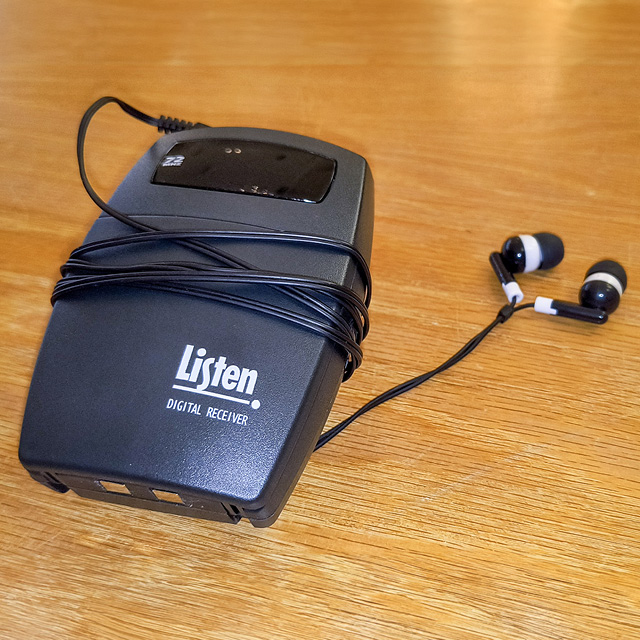
Physical and patron experience improvements
After major updates, Brendle Recital Hall and the Tedford main stage are now ADA compliant. Matt Buie-Nervick has acquired headsets for those who are hearing impaired, which were also borrowed and used by LoveFeast and Face to Face in Wait Chapel, Brendle Recital Hall, and the Coliseum. The headsets include induction neck loops which allows for integration directly with induction compatible hearing aids. We have 60 of these and are expanding to 90 to cover larger events. We’ve also instituted a practice of incorporating ASL interpreters for programming whenever possible.
Land Acknowledgement Statement
This statement honors the land on which Wake Forest University now resides and the land on which the original campus resided. This land served for centuries as a place for exchange and interaction for Indigenous peoples, specifically Saura (saw-ra), Catawba (ka-tah-buh), Cherokee (chair-o-kee), and Lumbee (lum-bee) in this location and Shakori (shu-kor-ee), Eno (ee-no), Sissipahaw (sis-suh-pa-hah), and Occaneechi (oak-a-nee-chee) in the original campus location. Today Wake Forest continues to be a place of learning and engagement for Indigenous students, faculty, and staff regionally, nationally, and globally.

